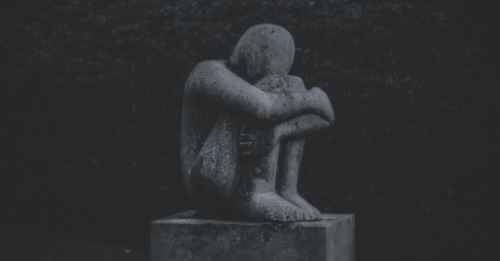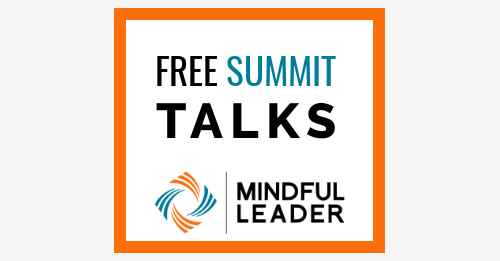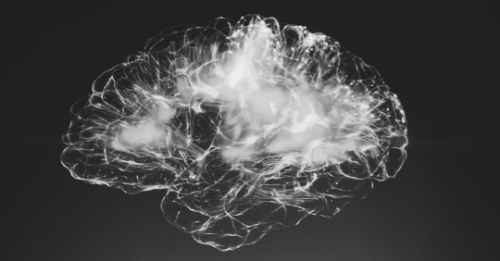Blog
Learning to stay when all you want to do is run
By Chris Johnson, Guest Contributor
Saturated with Loss
We’ve been saturated with loss... for a long time. While loss is as much a part of our human condition as the deep connections we feel with loved ones, the expanse of loss over the past few years, well, has tried our patience and even our character.
We just hit a stunning one million lives lost to covid: sick patients, nurses and docs, front line health care workers, actors and musicians, public servants too. The loss made all the mor…
September Monthly Newsletter
FINAL DAYS TO REGISTER: 7th Mindful Leader Summit, October 6-9, 2022
Hello Mindful Leaders, What are five practices that we can use to center ourselves before engaging with the issues and people that trouble us? What does the latest neuroscience have to say about Vagus Nerve stimulation, Restoration Skills Training, and transcendent experiences in virtual reality? How will Mindful, Authentic Leadership serve you when you are called to lead? Curious what articles stood out over the … |
4 Tips on how to get buy-in to fund your mindfulness program
By Holly Duckworth, CWMF Alumnus
You have a vision, creating a successful mindfulness program! Sadly, other key influencers do not see it. Now what? No matter if you are a vendor to companies or an internal champion for mindfulness, we have one unexpected thing in common. Sales. Yes, you read that correctly. We both must sell the return on mindfulness to get buy-in and funding. Did you know, according to Fitt Insider, the business of mindfulness is fast becoming a pillar of the $4.5T wellness…
Becoming a Mindful Leader
The ongoing problems in business leadership have underscored the need for a new kind of leader in the twenty-first century: the Mindful Leader. Author Bill George, a Harvard Business School professor and the former chairman and CEO of Medtronic, will explore why mindfulness is essential to your performance as a leader, why organizations are focusing on developing authentic leadership, and how you can become a more mindful leader.
Bill George is a Senior…
How can inner work help with climate action?
By Jamie Bristow, guest contributor
We know that climate change affects mental health – but we’re just beginning to grasp the role of the mind in the crisis itself. A new report outlines the crucial relationship between climate breakdown and the human inner world, and explores capacities of mind and heart as a foundation for more effective action.
Feeling the Effects of Climate Change
Climate change is no longer an abstract, future problem – its effects are felt by all of us. Almost every cou…
September Neuroscience Roundup for Mindful Leaders
by The Mindful Leader Team
For this month’s Round-Up, we dive into the science behind TikTok’s #vagusnerve obsession and explore how VR can help us achieve a psychedelic-like trip. We also look at transformative experiences at secular mass gatherings, the newly proposed psychological diagnosis of “maladaptive daydreaming”, and why restoration skills training (ReST) might be a better option than conventional mindfulness training (CMT). We have summarized the main ideas and key takeaways below w…
Integral Practices for Times of Transition
By Joy Reichart, New Ventures West, Guest Contributor
Gearing up as nature is winding down
How are you feeling this September? If you live or grew up in a place where the school year starts around now, you may have a mysterious, bone-deep response to this time of year. In the northern hemisphere, days start shortening, leaves start turning, and most beings prepare to hibernate and migrate. Meanwhile, human life picks up its pace, yanking us in the opposite direction of our animal instincts. Th…
Five Mindfulness-Based Practices for Difficult Times
By Rich Fernandez, guest contributor
There are many events taking place in the world today that challenge us severely, from the tragic and shocking news of mass shootings in the U.S., to ongoing challenges in places such as Hong Kong and Venezuela (to name only a few), to the latest report from the United Nations on the dire state of climate change.
There are also many other challenges that don’t come across our screens or manifest on a global scale but can affect us daily and deeply.
Like…
Courage: The Bridge to Higher Awareness
By John J. Murphy
As an author and business consultant specializing in leadership development, mindfulness, and transformational culture change for the past 34 years, I have done a considerable amount of research. Countless experts, teachers, scientists, and influential leaders have given me facts, data, insights, and information that have forever changed my life and the lives of my clients. One of the most intriguing examples of this was David Hawkins, MD, PhD. Dr. Hawkins introduced me to Th…









